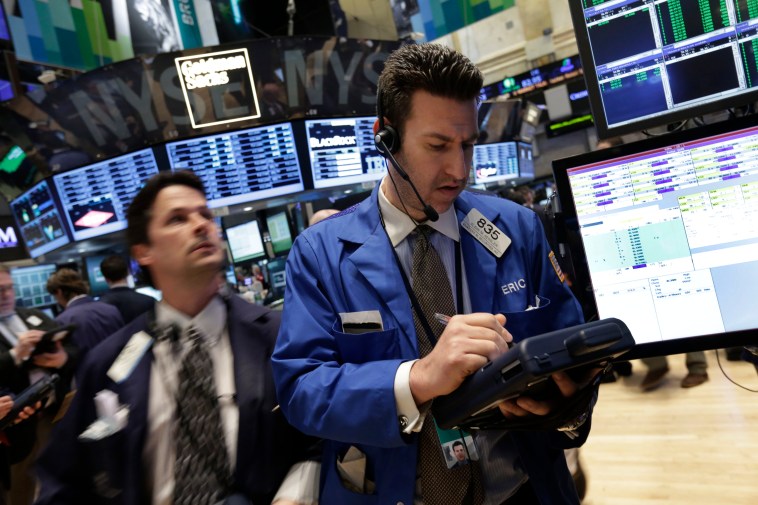LONDON — Uncertainty about how long the partial shutdown of the U.S. government will last kept investors on edge Friday though the prevailing view in markets is that Congress will be able to reach a deal to prevent the world’s largest economy from defaulting on its debts.
Videos By Rare
Some 800,000 federal workers and scores of agencies were idled this week after a sharply divided U.S. Congress failed to agree on short-term funding for the government to pay its bills beyond Monday, when the fiscal year ended.
Markets initially took the passing of the deadline and the partial shutdown of nonessential government services in stride. But investor anxiety has gradually risen as the budget impasse between Republicans in the House of Representatives and the White House drags on.
Of more consequence for investors is the looming Oct. 17 deadline for the raising of the U.S. debt ceiling. If it’s not raised, the U.S. could default, a development that could derail the global economic recovery and strip the dollar of its status as the world’s reserve currency. The International Monetary Fund and the U.S. Treasury have both warned of the potentially dire consequences.
“While history certainly indicates an accord will be reached on the government shutdown and that Republicans will subsequently vote to raise the debt limit ahead of October 17, it is difficult not to look at the events of this month …. and fail to feel a degree of concern about a government system that is obviously dysfunctional,” said Simon Derrick, a senior analyst at Bank of New York Mellon.
In Europe, the FTSE 100 index of leading British shares was up 0.2 percent at 6,459 while Germany’s DAX rose 0.1 percent to 8,610. The CAC-40 in France was faring best, trading 0.9 percent higher at 4,164.
In the U.S., the Dow Jones industrial average was up 0.2 percent at 15,023 while the broader S&P 500 index rose 0.3 percent to 1,683.
Traders around the world would under normal circumstances have been responding to the findings of the monthly U.S. nonfarm payrolls report, traditionally the most important economic release of the month. But because of the shutdown, it’s been postponed.
One offshoot of the U.S. budget stalemate is that investors think it’s now less likely that the U.S. Federal Reserve will start to reduce its monetary stimulus this month or even this year, especially as Friday’s payrolls report won’t be released. For much of the summer, investors thought a tapering of the stimulus would happen this year.
That helps explain why investors haven’t dumped riskier assets, such as stocks, as may have been expected. The Fed’s stimulus over the past few years has driven stocks’ strong recovery.
“The reason why investors are so reluctant to sell is because this whole debacle, including the government shutdown, is expected to prolong the Fed’s quantitative easing program in its current form,” said Craig Erlam, market analyst at Alpari.
The combination of the budget impasse and the likely extended Fed stimulus has weighed on the dollar all week. It was steadier Friday, with the euro 0.3 percent lower at $1.3582 and the dollar flat at 97.18 yen.
Earlier in Asia, Japan’s Nikkei index fell 0.9 percent to 14,024.31 while Hong Kong’s Hang Seng lost 0.3 percent to 23,138.54. South Korea’s Kospi fell 0.1 percent to 1,996.98.
Copyright The Associated Press
Related articles
- Government shutdown wreaking havoc on national statistics (rare.go-vip.net)

